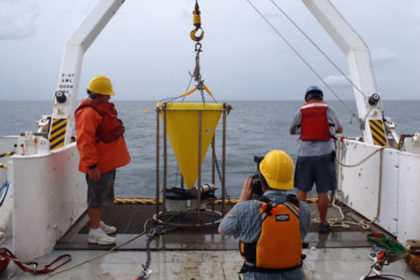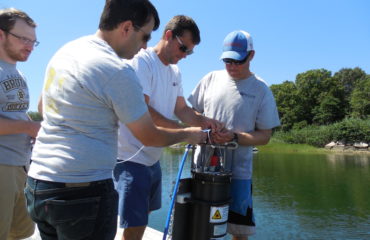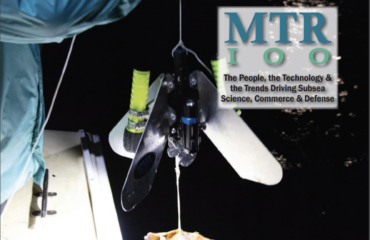
As crude oil prices spike, the Obama administration has approved the first Gulf of Mexico deep-water drilling permit since last April’s Deepwater Horizon explosion. As reported in our Fall Newsletter, McLane Sediment Traps are among the instruments now helping scientists examine the long-term effects of the Gulf cleanup. Among current projects, a new deep water plume study conducted by Woods Hole Oceanographic Institution (WHOI) is providing insight about whether the 800,000 gallons of chemical dispersant injected into the oil flow biodegraded as expected.
Scientists have found that a major component of the dispersant remains in the deep ocean but still has not degraded some 3 months later.



